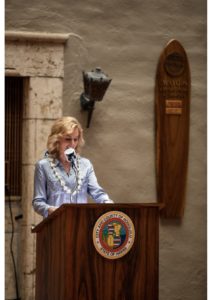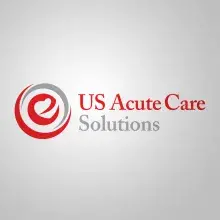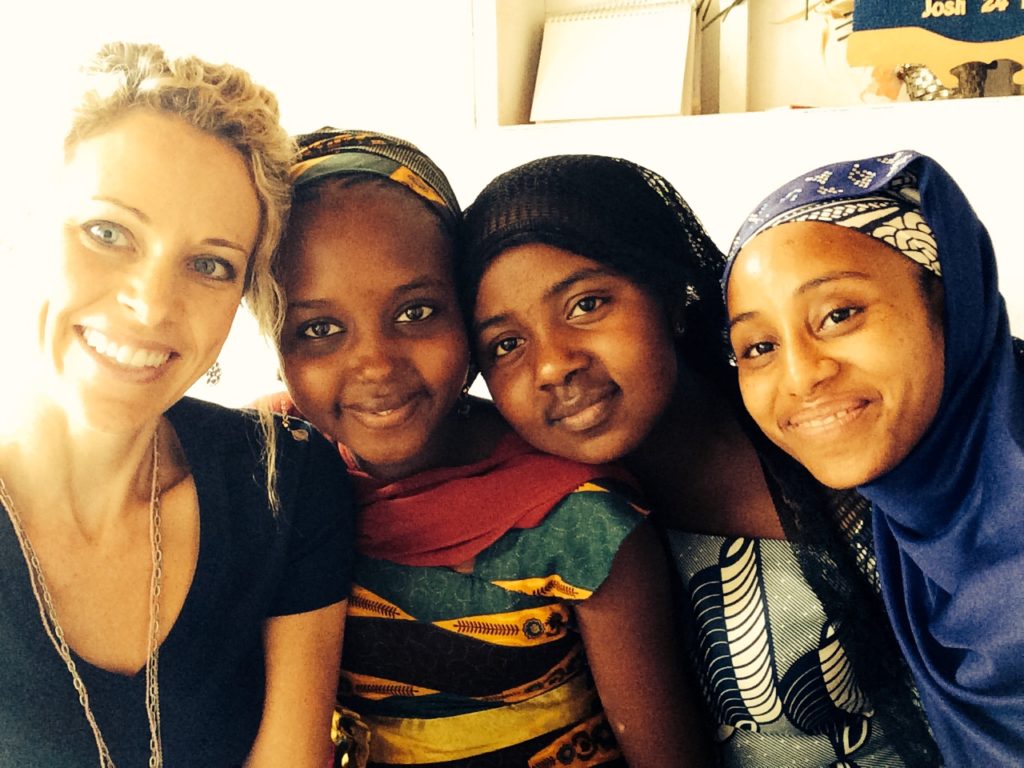International Women’s Day: Shining a Light into the Darkness
Shining a Light in the Darkness
A Dream Fulfilled
Since she was three years old, Jessica Munoz has worn a stethoscope around her neck, with the dream of offering healing and presence to people in their darkest moments.
It was a dream realized early in life: she earned her BSN directly after high school and began working in pediatrics and oncology. When she was finishing the coursework for her MSN to become a nurse practitioner, Munoz transitioned to a role as a trauma nurse with the emergency department in Kapi‘olani Medical Center for Women & Children in Hawaii. Once there, she began noticing a disturbing trend and patterns among young preteen and teenage girls. She began suspecting that these girls, as young as 11 and labeled as addicts, truants or runaways, were victims of child sex trafficking.
“It’s really easy for us to look at problems in the world and think, ‘Oh, someone should do something.’ I had the realization that I CAN do something, I HAD to do something, and so I did,” said Munoz. “I started with educating myself and from there, began working to pioneer systemic change.” {See news clip of a local story about Jessica Munoz}
More Than She Imagined
Even while working full-time as an NP, Munoz founded a non-profit organization called Hoʻōla Nā Pua Pua (HNP) which means “New life for our children“, with the mission of preventing child sex trafficking and providing care for youth who have been exploited.
She and her team began meeting the needs of children by building partnerships among the helping professions and diverse sectors, both public and private, to provide resources, build innovative programming, and raise awareness to protect children.
Over the past 13 years she has published articles, provided training and strategies on prevention, identification, intervention, and response for hundreds of health care professionals, service providers, law enforcement, and community leaders. She works closely with the judiciary, district attorneys, and state, federal, and local law enforcement to help shape a multi-disciplinary collaborative response to trafficked youth and young adults in Hawaii and beyond.
“Hawaii is where the East meets the West, and it sits in the middle of the ocean. It’s gorgeous here, but Hawaii also is a population with a lot of vulnerabilities, a lot of poverty,” she said. “Oftentimes, trafficking starts in the home. Narcotics is a huge piece of it, as drugs are an issue here, but it’s also very expensive to live in Hawaii. Kids are exchanged for drugs or rent money. It’s so sad! One young trafficking victim requires the same amount of services as 20 domestic violence survivors.”
Rolling Up her Sleeves
When Munoz started this work, there were no services for children who had been exploited – and nationally, very little comprehensive treatment was available. In 2009, fewer than 50 beds were available. In 2022, there are 600, an improvement, but still not enough.
But thanks to Munoz and HNP, there are now both services and a beautiful 32-bed facility now available in Hawaii. Called Pearl Haven, Munoz and her organization spearheaded efforts to raise $10 million to build Pearl Haven, a model of residential care for girls aged 11-17. A premier Special Treatment Facility (STF), it opened in the Spring of 2021 and incorporates best practices she has learned from around the world in her role as a trainer and advisor with Vital Voices Global Partnership. Munoz has provided training on trauma informed survivor centered care and medical services in Samoa, Cambodia, Africa, Guatemala, Mexico, Africa and Thailand. Through her work, Jessica has emphasized the continuum of care and the Response Framework needed for trafficking survivors through collaborative, health centric, trauma-informed systems and victim-centered approaches and partnerships.
Lighting Others’ Candles

“When kids come to the ED for care, it is a tremendous opportunity to elevate the level of conversation and get them help,” she said. “One conversation can change the course of their lives. The work is overwhelming, but just that one conversation can create a chain reaction of change.”
Many – including Munoz’ USACS Medical Director, Sidney Lee, MD, FACEP – call Munoz a hero. But she simply considers her efforts an honor.
“I am honored to use my voice, whatever platform I have, to shine light on this issue,” she said. “I will do that until all children are safe and free.”
She also has a challenge for her colleagues.
“I would like to call on my fellow APPs,” Munoz said. “There is a leadership vacuum in our world today. We have been given such a tremendous opportunity through our medical education to affect change and impact the health of humanity beyond diagnosis. I believe we were created with a purpose and a passion. It’s easy to look around at all of the things happening in the world and say someone should do something…. Remember there are three fingers pointing back at yourself. You can be the pioneer in your sphere and leave a legacy for future generations.”


